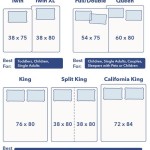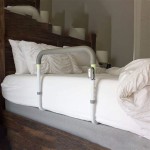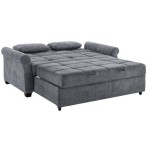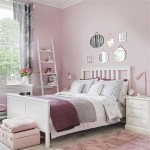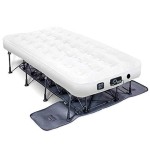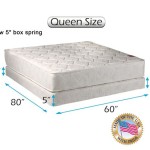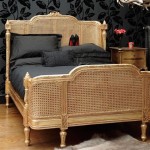Are Wooden Bunk Beds Safe? Exploring Essential Aspects
Wooden bunk beds are a popular choice for children's rooms, but it is crucial to consider their safety to ensure the well-being of your little ones. This article will delve into the essential aspects of wooden bunk bed safety, highlighting key considerations to guarantee a secure sleep environment for your children.
Sturdiness and Construction
Ensuring the sturdiness of a wooden bunk bed is paramount. The bed frame should be constructed from high-quality, solid wood and lack any visible cracks or warps. Inspect the joints and ensure they are securely fastened, as loose connections can compromise stability. Additionally, the mattress supports should be robust and capable of handling the weight of multiple children without sagging.
Guardrails and Ladders
Guardrails are indispensable safety features for bunk beds, especially for the top bunk. They should extend the full length of the bed and be at least 4 inches high. Inspect the guardrails regularly to ensure they are firmly attached and free of any damage. Ladders, too, play a critical role in safe access to the top bunk. They should be securely fastened and have wide steps for stability. Anti-slip surfaces on the steps further enhance safety.
Clearance and Spacing
Adequate clearance between the top bunk and the ceiling is vital. Children should be able to sit upright without hitting their heads. Additionally, there should be at least 3 feet of clearance between the bottom bunk and the top mattress to prevent injuries from accidental falls.
Mattress Fit
Properly fitting mattresses for both bunks are essential. Mattresses should fit snugly within the bed frame, leaving no gaps that could lead to entrapment or falls. Avoid using pillows or blankets to fill the gaps, as this increases the risk of suffocation.
Age and Size Suitability
Wooden bunk beds are generally recommended for children over the age of 6, as younger children may not be able to climb the ladder safely. Additionally, consider the overall size of the bed to ensure it fits comfortably in the room and provides adequate space for sleeping and play.
Assembly and Maintenance
Proper assembly and regular maintenance are crucial for the ongoing safety of a wooden bunk bed. Follow the manufacturer's instructions carefully and ensure all parts are correctly installed. Periodically inspect the bed for any loose screws or damage, and make necessary repairs or replacements promptly.
Other Safety Considerations
Additional measures to enhance safety include using non-slip mats around the bed to prevent falls, prohibiting roughhousing on the bed, and ensuring children follow proper sleep habits.
By considering these essential safety aspects, you can make an informed decision about the suitability of a wooden bunk bed for your children. With proper care and maintenance, wooden bunk beds can provide a fun and secure sleep environment for your little ones.

How Safe Is Your Bunk Bed Do The Rails Meet Regulation Standards

Are Bunk Beds Dangerous

Are Bunk Beds Dangerous

Are Bunk Beds Dangerous

Are Bunk Beds Dangerous

Top 10 Double Decker Bunk Bed Safety Tips For Your Kids Picket Rail Custom Furniture Interiors
Bunk Bed Safety Guide Dreams

Are Bunk Beds Safe Mattress Advisor

Are Bunk Beds Safe Advice Time4sleep

How To Choose The Right Bunk Beds For Your Kids
Related Posts
